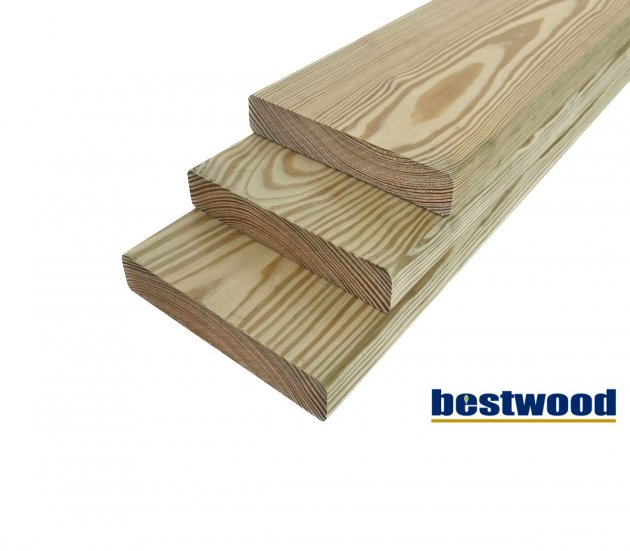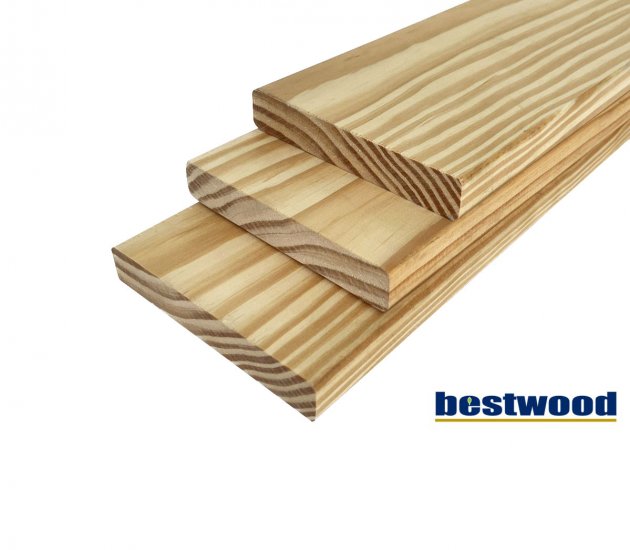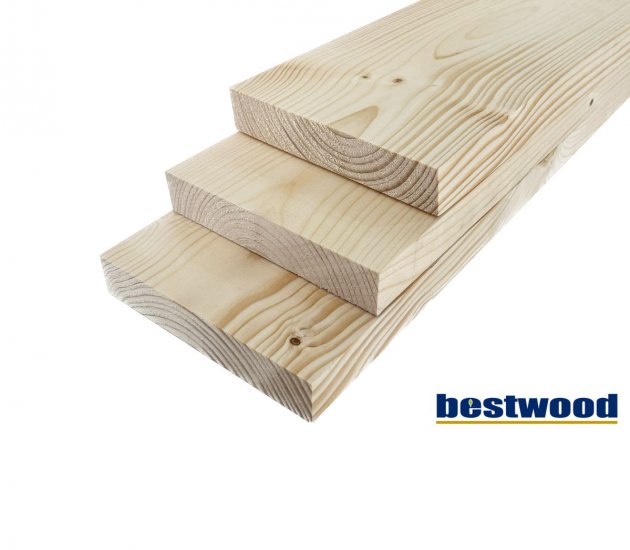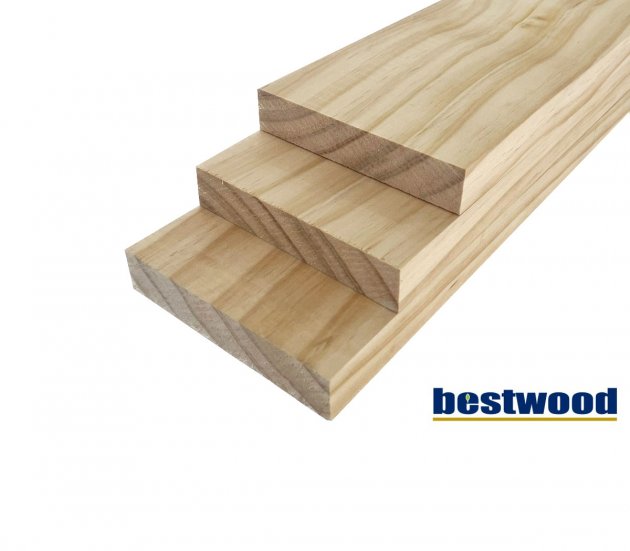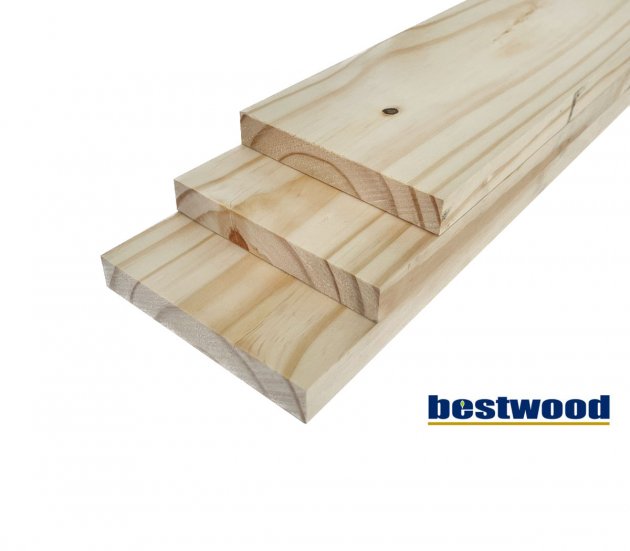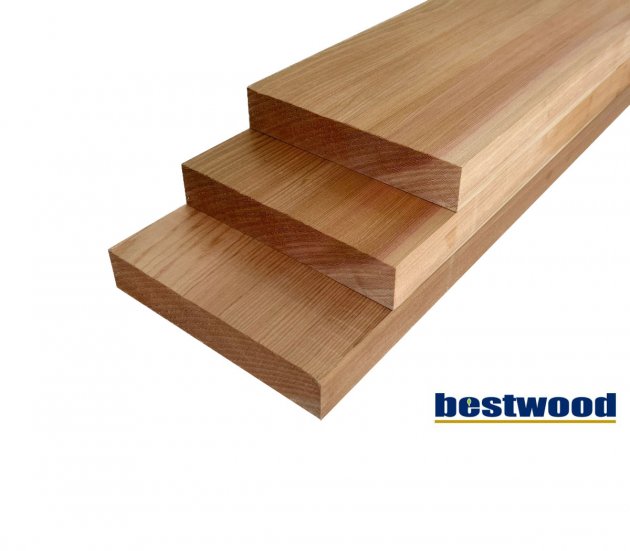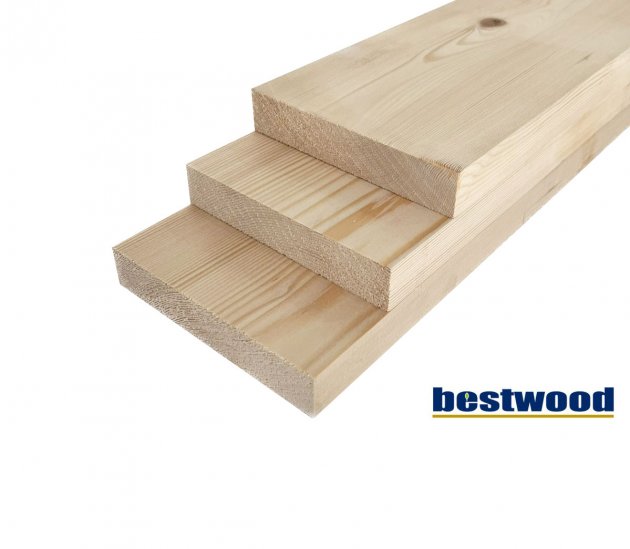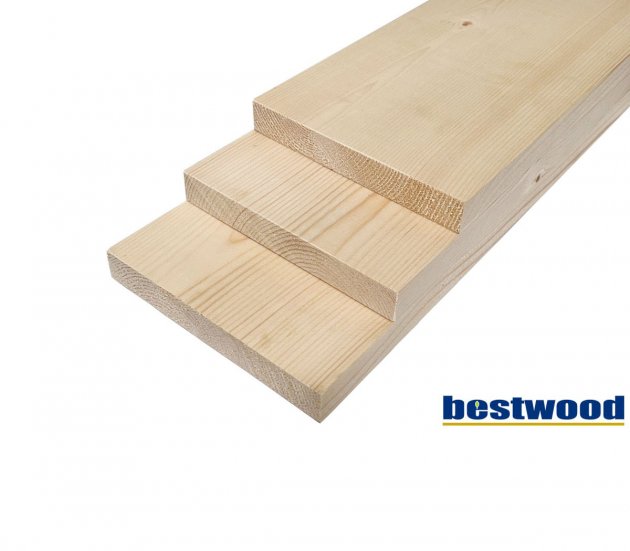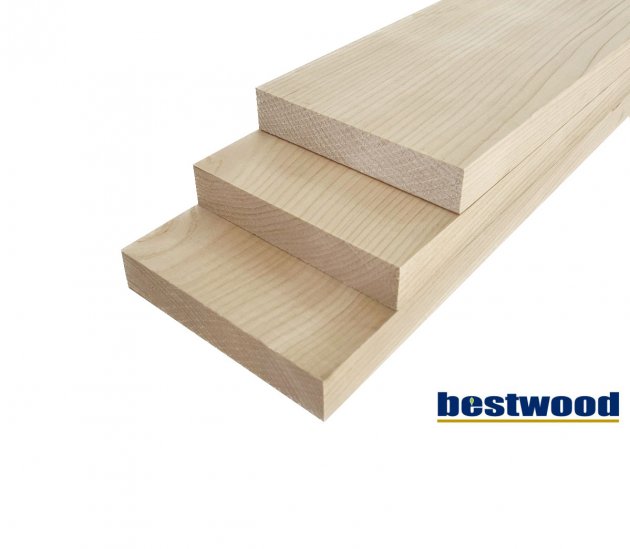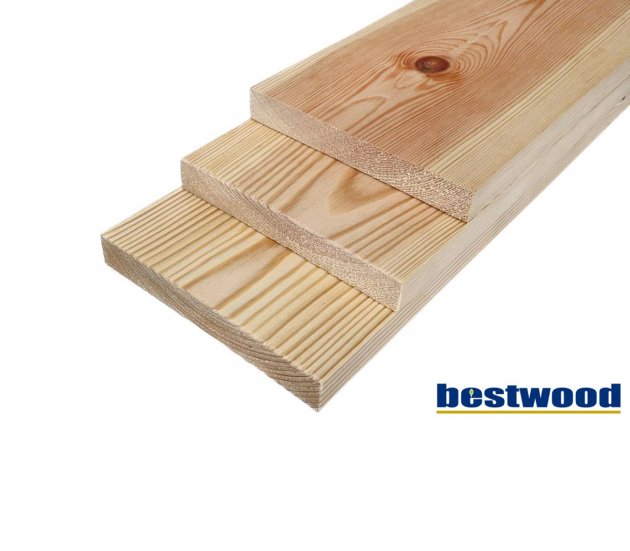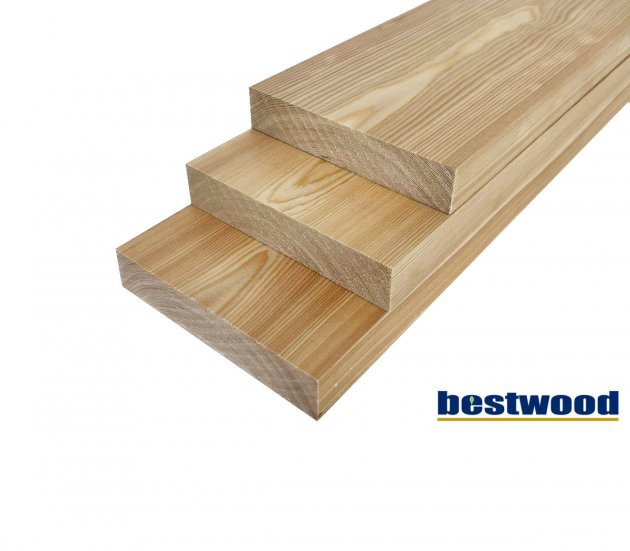Softwood
As the name implies, softwood is softer in texture compared to hardwood. It is typically derived from coniferous trees (gymnosperms), including pine, cedar, and fir. Softwood trees predominantly grow at higher latitudes or altitudes. Softwood tends to grow faster, making it more sustainable and durable with good stability. It is less prone to cracking or warping under drastic temperature and humidity changes. However, not all hardwoods are necessarily harder than softwoods; for instance, yew is harder than most hardwoods.
Common Applications of Softwood
Softwood is commonly used in structural components of buildings (such as wall panels, ceilings, skirting boards, OSB, plywood, etc.), processed products (casting molds, doors, windows, furniture, toys, etc.), papermaking, and manufacturing of medium-density fiberboard (MDF).
Commonly Used Domestic Softwood in Taiwan
Taiwan cedar, Hinoki cypress, Chinese fir, hemlock, Chinese toon, juniper, and Taiwan red cypress.
As the name implies, softwood is softer in texture compared to hardwood. It is typically derived from coniferous trees (gymnosperms), including pine, cedar, and fir. Softwood trees predominantly grow at higher latitudes or altitudes. Softwood tends to grow faster, making it more sustainable and durable with good stability. It is less prone to cracking or warping under drastic temperature and humidity changes. However, not all hardwoods are necessarily harder than softwoods; for instance, yew is harder than most hardwoods.
Common Applications of Softwood
Softwood is commonly used in structural components of buildings (such as wall panels, ceilings, skirting boards, OSB, plywood, etc.), processed products (casting molds, doors, windows, furniture, toys, etc.), papermaking, and manufacturing of medium-density fiberboard (MDF).
Commonly Used Domestic Softwood in Taiwan
Taiwan cedar, Hinoki cypress, Chinese fir, hemlock, Chinese toon, juniper, and Taiwan red cypress.
- 1
- 2

